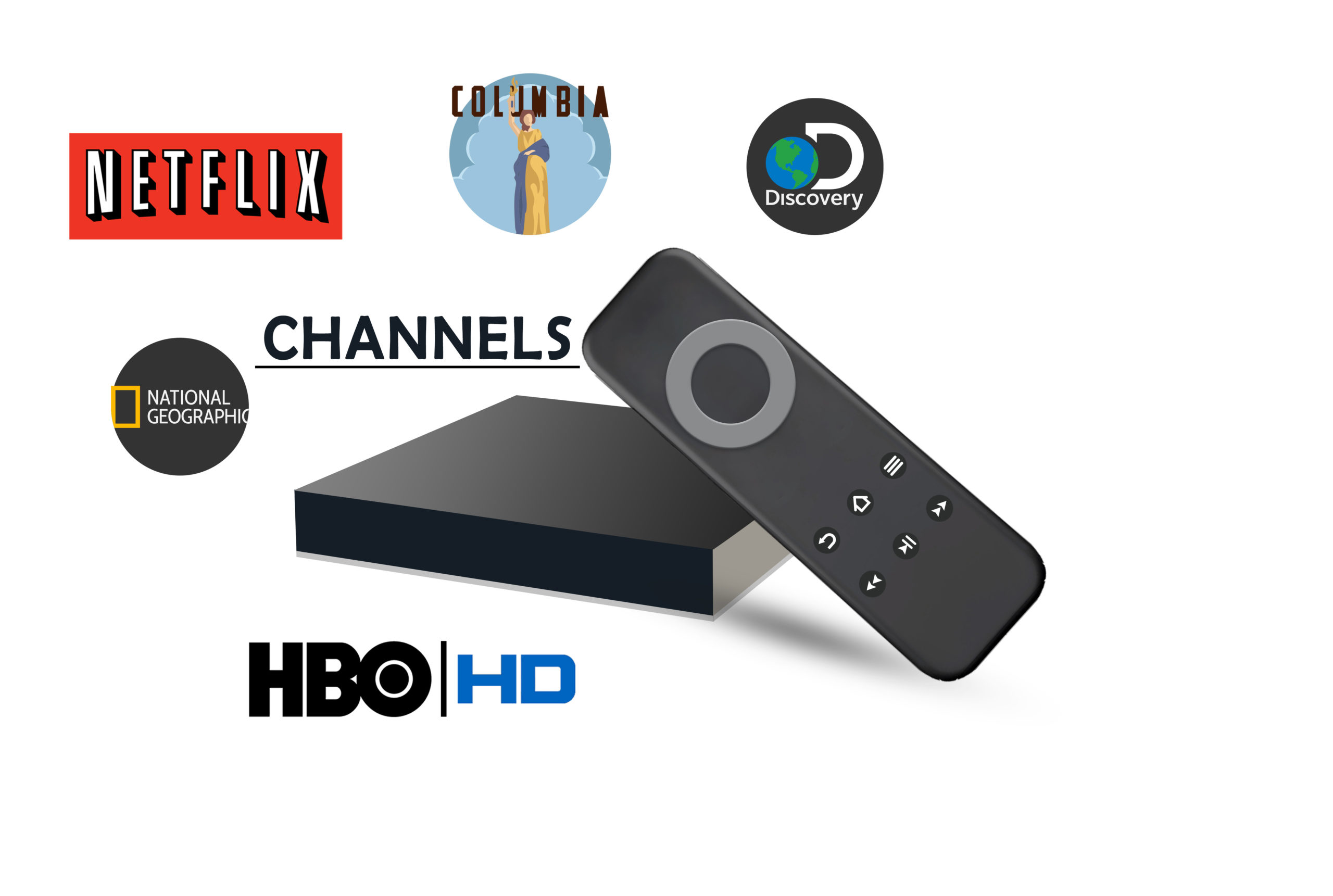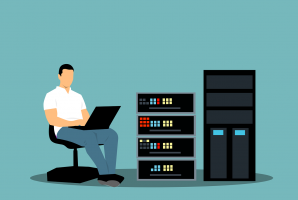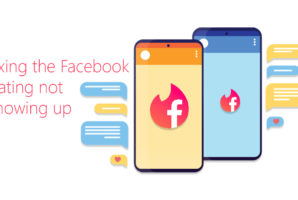Employee monitoring has long been around allowing businesses to track the activities of the workforce, measure their productivity, and ensure the protection of company assets. Modern technologies have revamped employee monitoring enabling the employer to keep an eye on almost all the activities and communication of the employees within and beyond the workplace. From audio and video surveillance to phone and internet usage, emails, computer and mobile phone screen recording, GPS tracking, time tracking, and social media monitoring, there is nothing that an employer cannot track. And I think that it is important to track records of the employees or simple words we can do digital monitoring. You can consider using Employee Tracking Software for Businesses.
Pros of Employee Monitoring
Monitoring helps in making the workplace safer minimizing the odds of sexual harassment; protecting company assets from theft; eliminating unnecessary processes with an aim to boost productivity and putting the organization on the way to progression. Moreover, the information obtained through monitoring can be helpful in decision-making processes and determining everything from employee rewards based on their performance and efficiency to shaping remuneration, bonuses, and devising company policies.
Cons of Employee Monitoring
Despite all these advantages, monitoring employees is a contentious subject as there are a few miseries attached. While most employers are utilizing some sort of monitoring device or software to improve efficiency and productivity, the employees may feel it is an invasion of their privacy becoming unwilling to be tracked by their employer.
Employee monitoring may have a negative impact on employees’ psychology as well as their abilities. According to Stanford University researchers, when employees realize that they are being monitored by their employer, they may feel anxious or stressed. It does not matter whether they have something to hide or not; it just can be the dislike of employees for being watched. The anxiety and stress can lead them to make mistakes and hassles for their selves and for the company as well.
Stress from employee monitoring contributes to stress-related illness as well as physical and mental health tribulations. Some of these problems are depression, overtiredness, anger, high tension, musculoskeletal issues, and carpal tunnel syndrome. Such situations leave a person powerless and unable to be productive for your firm anymore. Those who are sick physically or mentally take more leaves; when they are not at work, it means they are not giving anything to your business.
Another peril of overseeing your employees is distressing their self-confidence. A 2014 study showed an association between the contentment of employees and their productivity. The employees, who are happier, satisfied, and have higher morale prove to be productive more often than not. Monitoring can bring your staff’s confidence down and make them less prolific. People love to work at a place where they are happy; when they feel in high spirits doing work, they will be more diligent and focused leading to greater output.
The Ethical Implications of Employee Monitoring
While keeping an eye on your workers is supportive of getting rid of needless processes leading to higher productivity, neglecting the gloomy impacts of monitoring is not a good idea. Every law authorizes the employer to monitor the electronic and digital devices of the company; however, monitoring these devices can create an ethical issue if you do not inform employees about it. You are more probably to get personal information of the employee which he/she does not want to share, at least not in the working area. In this scenario, there are possible chances to make sure the workplace surroundings tone up, and everything is working fine.
It would be better if the employer gets informed consent from its staff informing them of the reasons for monitoring them. You can prepare a presentation to demonstrate to your employees how employee monitoring software can be beneficial for not just the employer but also for the employees.
Those who have nothing to hide won’t resist being monitored and giving their informed consent. This demonstrates respect for your staff and reduces their annoyance at being watched. Also, they will not feel distressed about it if there are rewards for performing better and proving themselves more fruitful for the organization.
No one can deny the perks of workforce surveillance. However, we should also be mindful of how far is too far when it comes to employee monitoring.
Suggested Post:
If you can Build an Audience then you can build a business.
How can a custom web design can help you to grow your business?
Like this:
Like Loading...













 5 Outsourcing WordPress Development Hacks for Maximum ROI
5 Outsourcing WordPress Development Hacks for Maximum ROI